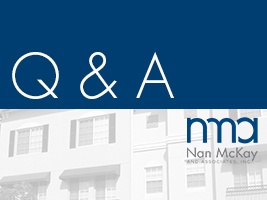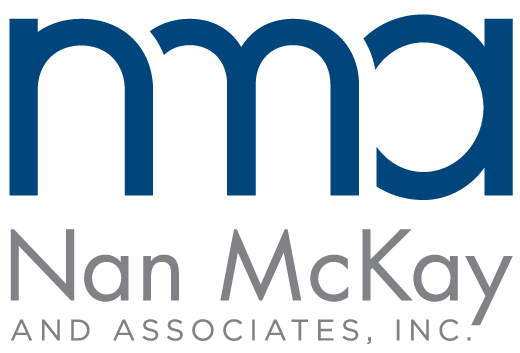FAQ Friday: HCV Rent Increases
Editor’s Note: Due to HUD’s recent publication of 2018 annual adjustment factors, we are reprising this FAQ from August 2015. The links have been updated for this year’s notice.

QUESTION You mentioned during a webinar that the only limit on rent increases in the HCV program is rent reasonableness. Our PHA restricts rent increases to the annual adjustment factors (AAFs) published by HUD. We have this policy in our administrative plan and have imposed this limit for years. We feel that this helps to control program costs and helps to control rents in the community as a whole. Why isn’t this permissible as long as it is stated in the administrative plan?
ANSWER This is an example of a policy that was valid when written, but which is now obsolete. AAFs were used in the old certificate program to determine (or limit) owner rent increases. The certificate program came to an end 17 years ago. AAFs have never been used in the voucher program.
Each year HUD publishes a Federal Register notice discussing the AAFs. Here is an excerpt from this year’s notice, published November 8:
Housing Choice Voucher Program: AAFs are not used to adjust rents in the tenant-based or the project-based voucher programs.
Since agency policies must comply with regulatory requirements, PHAs do not have discretion to impose limits on rent increases in this manner. The applicable regulation is at 24 CFR 982.308(g):
The owner must notify the PHA of any changes in the amount of the rent to owner at least sixty days before any such changes go into effect, and any such changes shall be subject to rent reasonableness requirements.
The following is an excerpt from Section 12.5 of HUD’s HCV Guidebook:
INCREASES IN RENT TO OWNER
An owner may increase the unit rent any time an increase is allowed under the terms of the lease. The owner must give the PHA at least 60 days advance notice of any changes in the amount of rent to the owner. The allowed rent increase is the lesser of the following:
- The reasonable rent as determined by the PHA; or
- The amount requested by the owner.
Also please note the table in Chapter 1 of the guidebook, comparing the certificate and HCV programs:
Rent Increases:
CERTIFICATES: Annually on the anniversary date, the PHA uses annual adjustment factors published by HUD to approve rent increases which are subject to a rent reasonableness test.
HCV: Rent increases are not limited by the annual adjustment factor but are subject to a rent reasonableness test.
The current rule is intended to increase program participation by owners of properties in lower-poverty areas. The “market” rent is to be charged for both assisted and unassisted tenants.
Are you a PIH Alert subscriber? Every Friday, the PIH Alert includes one frequently asked question (FAQ) submitted by our readers. Sign up today for a free 30-day trial subscription! Email sales@nanmckay.com to get started. To submit your question, email Annie Stevenson at annie@nanmckay.com with the subject line "FAQ Friday."


